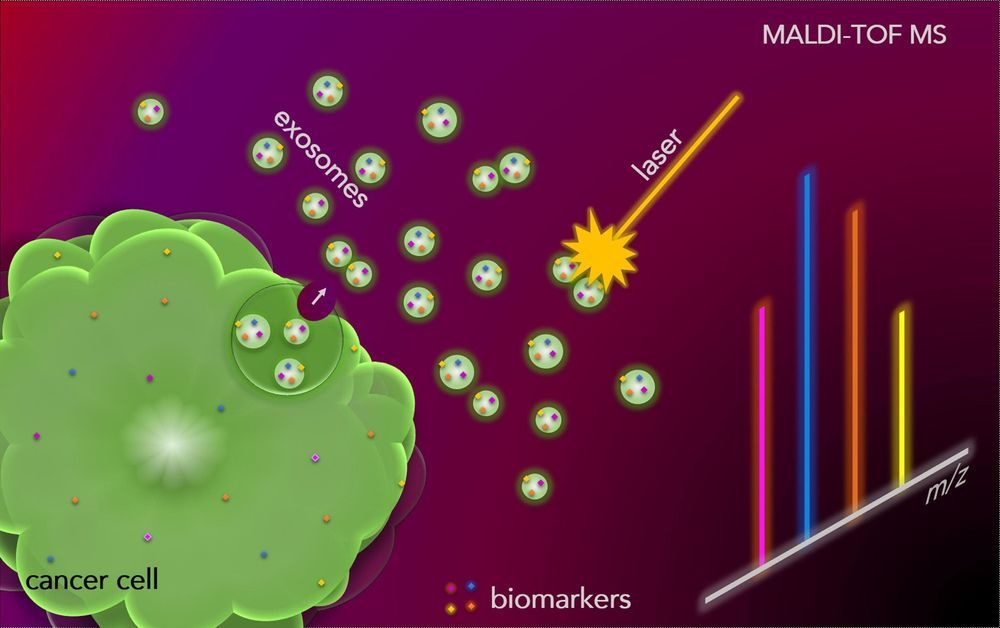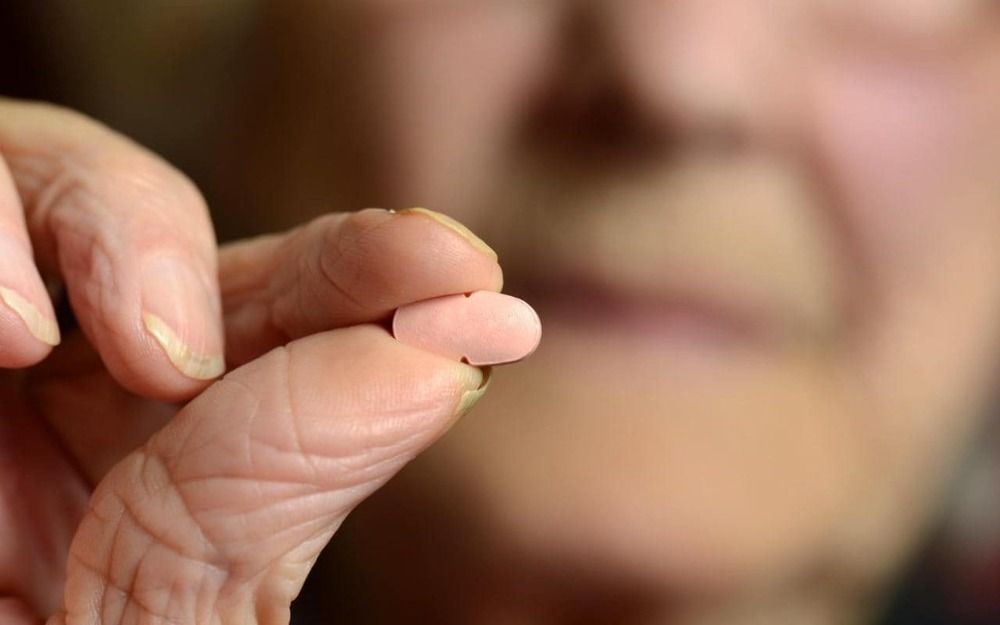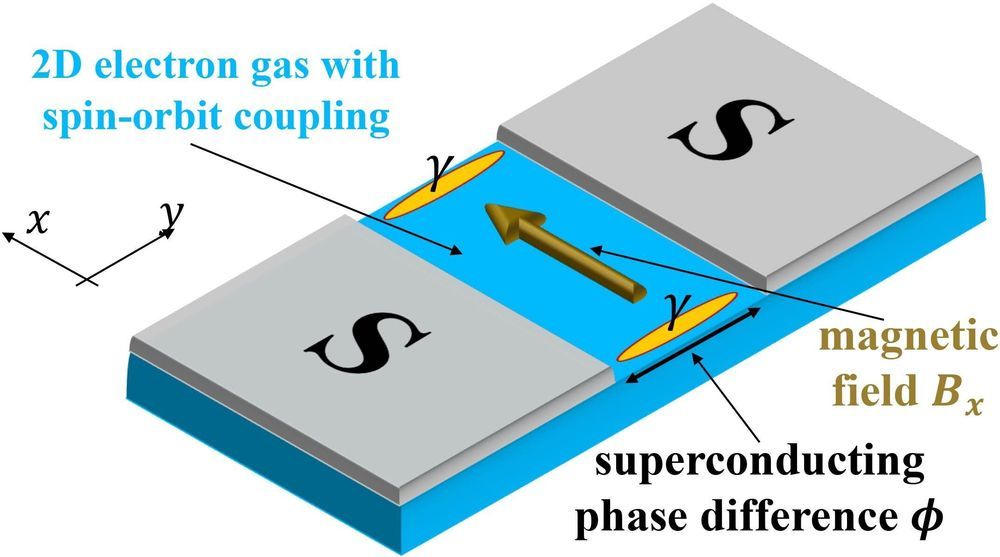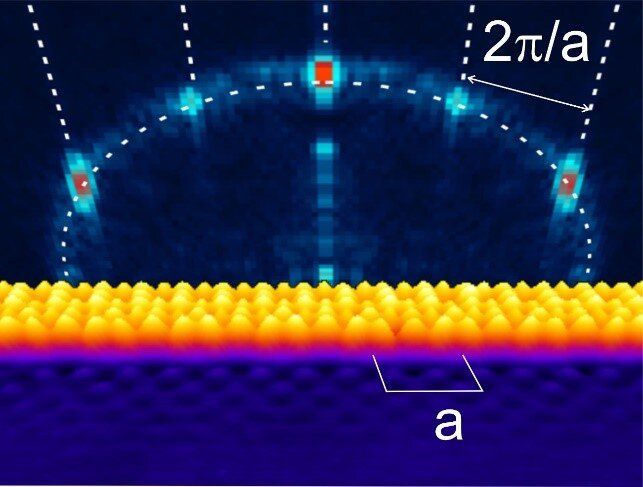The government and tech companies have trouble seeing beyond the next presidential term or fiscal period.
[Photo: JOESPH/Pixabay]

The government and tech companies have trouble seeing beyond the next presidential term or fiscal period.
[Photo: JOESPH/Pixabay]

Circa 2014
Where did Groot come from? In reality, he came from the imaginations of Jack Kirby, Dick Ayers, and Stan Lee. In the Guardians of the Galaxy movie, he came from another planet. In this essay, he came from the stuff in your yard. We’ll see which plants might have evolved, over time, to become the world’s most beloved tree-man. Warning: Major spoilers for the movie after this point!

:333
Deforestation is a recurrent problem in practically the entire world. Recovering the damage done in recent years as a result of large industries and land depredated for agriculture and livestock is a difficult task. But Thailand believes it has found the best solution, fast, simple and effective.

“It was a huge surprise, we didn’t expect to find so many melanoma cancer cell markers in blood exosomes,” explains Hubert Girault, who heads up the Laboratory of Physical and Analytical Electrochemistry at EPFL Valais Wallis. Professor Girault and his team made the discovery almost by accident. Their findings, which have been published in the journal Chem, offer insight into how cancer cells communicate with each other and send information around the body.
All biological cells excrete exosomes, microscopic spheres or vesicles that are less than 100 nanometers in size and contain a wealth of information in the form of nucleic acids, proteins and markers. Exosomes perform cell-to-cell signaling, conveying information between cells. Under the supervision of Senior Scientist Dr. Horst Pick, EPFL doctoral assistant Yingdi Zhu used cell culture and mass spectrometry to isolate melanoma cancer cell exosomes. She was able to identify cancer cell markers in exosomes for each stage of melanoma growth.
When analyzing the blood exosomes of melanoma patients, the researchers were surprised to discover large quantities of cancer cell markers. The blood collects and transports all the exosomes that the body generates. While healthy cells usually produce exosomes in small quantities, cancer cells produce many more. But it was previously thought that these would be so diluted in the blood that they would be hard to detect. For Professor Girault, the discovery of large quantities of cancer cell markers in blood exosomes raises numerous questions about signaling between cancer cells, which until now were not thought to communicate over longer distances within the body.

Enough gold, uranium and other heavy elements about equal in mass to all of Earth’s oceans likely came to the solar system from the collision of two neutron stars billions of years ago, a new study finds.
If the same event were to happen today, the light from the explosion would outshine the entire night sky, and potentially prove disastrous for life on Earth, according to the new study’s researchers.
Recent findings have suggested that much of the gold and other elements heavier than iron on the periodic table was born in the catastrophic aftermath of colliding neutron stars, which are the ultradense cores of stars left behind after supernova explosions.


Statins may hold the answer to slowing the deterioration of patients with multiple sclerosis (MS), scientists have said.
In a new trial hailed as “highly promising”, patients who took the daily pill retained their coordination better and suffered less brain shrinkage than those given a placebo.
It raises the prospect that MS sufferers, of whom there are more than 90,000 in the UK, may be prescribed the common cholesterol-busting drug to improve their symptoms.

Majorana particles are very peculiar members of the family of elementary particles. First predicted in 1937 by the Italian physicist Ettore Majorana, these particles belong to the group of so-called fermions, a group that also includes electrons, neutrons and protons. Majorana fermions are electrically neutral and also their own anti-particles. These exotic particles can, for example, emerge as quasi-particles in topological superconductors and represent ideal building blocks for topological quantum computers.
Going to two dimensions
On the road to such topological quantum computers based on Majorana quasi-particles, physicists from the University of W\xFCrzburg together with colleagues from Harvard University (USA) have made an important step: Whereas previous experiments in this field have mostly focused on one-dimensional systems, the teams from W\xFCrzburg and Harvard have succeeded in going to two-dimensional systems.

Nanostructures can be designed such a way that the quantum confinement allows only certain electron energy levels. Researchers from IMDEA Nanociencia, UAM and ICMM-CSIC have, for the first time, observed a discrete pattern of electron energies in an unconfined system, which could lead to new ways of modifying the surface properties of materials.
A research group from IMDEA Nanoscience and Universidad Autónoma de Madrid has found for the first time experimental evidence that one-dimensional lattices with nanoscale periodicity can interact with the electrons from a bidimensional gas by spatially separating their different wavelengths by means of a physical phenomenon known as Bragg diffraction. This phenomenon is well-known for wave propagation in general and is responsible for the iridescent color observed upon illumination of a CD surface. Due to the wave-particle duality proposed by De Broglie in 1924, electrons also present a wave-like behavior and, thus, diffraction phenomena. Actually, the observation that low-energy free electrons undergo diffraction processes upon interaction with well-ordered atomic lattices on solid surfaces was the first experimental confirmation of the wave-particle duality.
Gazibegović, Ph.D. candidate in the group of prof. Erik Bakkers at the department of Applied Physics, developed a device made of ultrathin networks of nanowires in the shape of “hashtags.” This device allows pairs of Majorana particles to exchange position and keep track of the changes occurred, in a phenomenon known as “braiding.” This event is considered as a striking proof of the existence of Majorana particles, and it represents a crucial step towards their use as building blocks for the development of quantum computers. With two Nature publications in her pocket, Gazibegović is ready to defend her Ph.D. thesis on May 10.
In 1937, the Italian theoretical physicist Ettore Majorana hypothesized the existence of a unique particle that is its own antiparticle. This particle, also referred to as a “Majorana fermion,” can also exist as a “quasiparticle,” a collective phenomenon that behaves like an individual particle, as in waves forming on the water. The water itself stays in the same place, but the wave can “travel” on the surface, as if it were a single particle in movement. For many years, physicists have been trying to find the Majorana particle without success. Yet, in the last decade, scientists from Eindhoven University of Technology have taken great leap forwards in proving the existence of Majorana particles, also thanks to the research of Gazibegović and her collaborations with the University of Delft, Philips Research and the University of California – Santa Barbara.